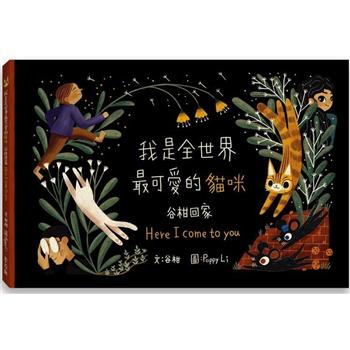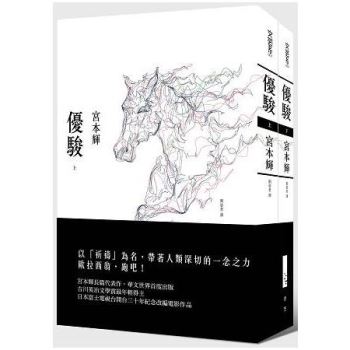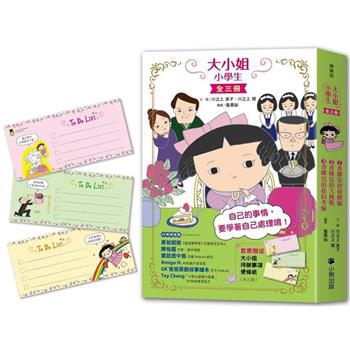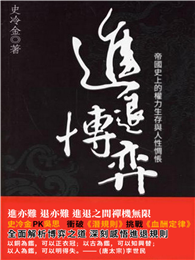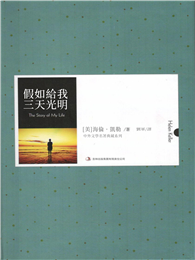Donn Draeger was the most influential martial artist/scholar of the 20th century. His more than twenty books and long list of accomplishments support this argument. For this reason, we are publishing this anthology of articles that focus on this outstanding person. Although short in length, this book is rich in content covering the inspiring life and contributions of a leading pioneer in the Asian martial traditions. The author of the first chapter, Robert W. Smith, was a close confidant of Draeger during his career. With Draeger, Smith co-authored the classic Asian Fighting Arts (later renamed as Comprehensive Asian Fighting Arts). Smith was in a unique position to provide details about Draeger’s character, academic and martial skills.Donn Draeger wrote two letters to Smith (dated September 2, 1969 and June 29, 1981) that gave insight into Miyamoto Musashi. Smith was writing a book review and asked Draeger for his opinion on the historical swordsman. With the help of Joseph Svinth, Smith merged and edited these letters. This contains Draeger’s response in his typically ebullient tone of correspondence with Smith. Donn Draeger can easily be considered as the "father of Asian martial arts research" in the West since he conducted pioneering research in the field and was one of the highest ranking black belts in a number of Japanese combative arts. As a scholar, he became involved in a Japanese research society for martial arts, and built upon it. Author Hugh Davey writes on the founding and influence of the International Hoplology Society Draeger founded. Draeger shaped the lives of several generations of martial artists. It was unknown to most that he had died in a Wisconsin hospital following medical treatments for natural sicknesses and perhaps for poisoning. In the last chapter, Dr. Friman tells of his discovery of Donn Draeger’s gravesite. Finding his grave in 1998 brought proper respects from friends, including Kaminoda Tsunemori, master of jo and sword. Scholars of combative traditions and martial arts practioners-especially those participating in the Japanese arts-will benefit greatly by reading this short anthology. Draeger’s life is inspiring to both the scholar and practitioner.
| FindBook |
有 1 項符合
Draeger: Pioneering Leader in Asian Martial Traditions的圖書 |
 |
Draeger: Pioneering Leader in Asian Martial Traditions 作者:Draeger 出版社:Via Media Publishing Company 出版日期:2016-07-24 語言:英文 規格:平裝 / 44頁 / 22.91 x 15.19 x 0.23 cm / 普通級/ 初版 |
| 圖書館借閱 |
| 國家圖書館 | 全國圖書書目資訊網 | 國立公共資訊圖書館 | 電子書服務平台 | MetaCat 跨館整合查詢 |
| 臺北市立圖書館 | 新北市立圖書館 | 基隆市公共圖書館 | 桃園市立圖書館 | 新竹縣公共圖書館 |
| 苗栗縣立圖書館 | 臺中市立圖書館 | 彰化縣公共圖書館 | 南投縣文化局 | 雲林縣公共圖書館 |
| 嘉義縣圖書館 | 臺南市立圖書館 | 高雄市立圖書館 | 屏東縣公共圖書館 | 宜蘭縣公共圖書館 |
| 花蓮縣文化局 | 臺東縣文化處 |
|
|
圖書介紹 - 資料來源:博客來 評分:
圖書名稱:Draeger: Pioneering Leader in Asian Martial Traditions
|
